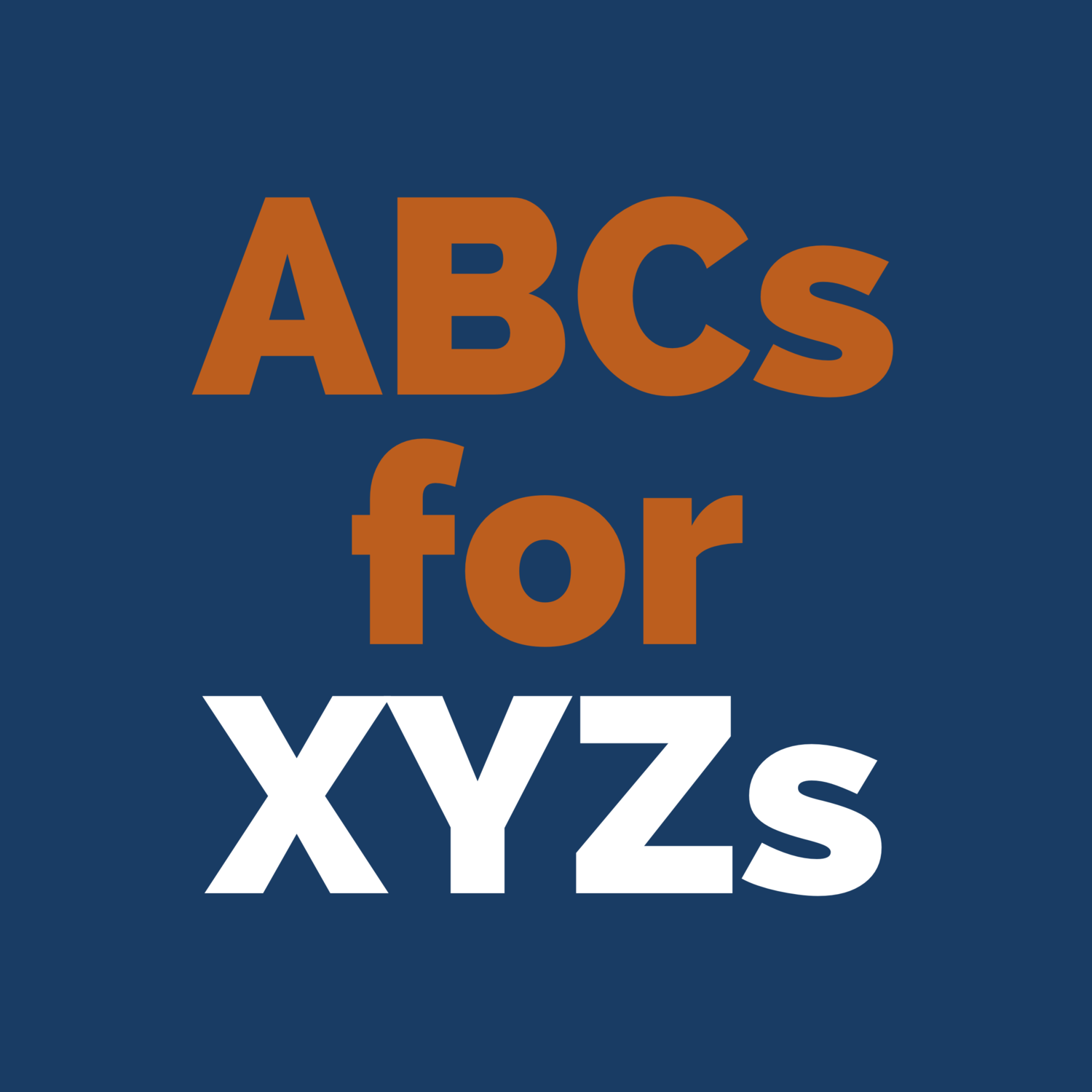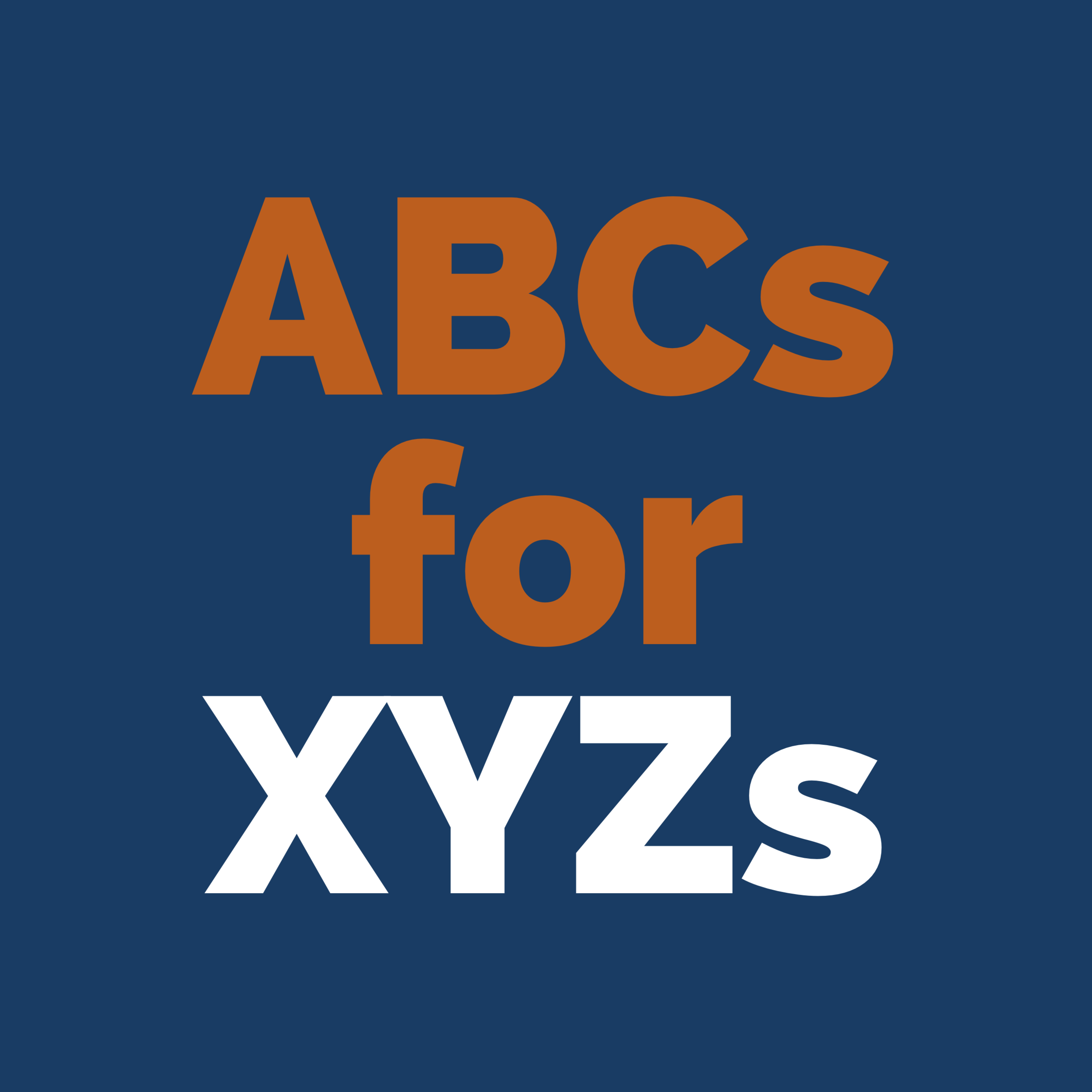Q&A: Financial Advice
QUESTION:
What do you think about (insert miscellaneous financial advice) from my dad/friend/influencer/television personality/stranger?
Short answer:
It depends.
Long answer:
Television, social media, friends, family, everywhere and everyone in-between – there is a never-ending supply of (often contradictory) financial advice. People wonder who to believe and which information to implement.
When assessing financial recommendations, I suggest administering an “I.Q.” test:
The Individualization & Qualification (aka “I.Q.”) Test:
1. Individualization: does the advice apply to your individual situation and financial circumstances?
The media and social platforms typically deliver extremely broad advice. These channels target large audiences, so recommendations must be applicable on a wide scale to remain popular and relevant.
Example: A magazine advises “maintain an emergency fund.”
The advice, while true, lacks the level of detail required to hold true value. The dollar amount that may be appropriate for me (a married, dual-income, homeowner, with two dependents) may not be appropriate for you or someone else (such as an unmarried, single-income, renter, with zero dependents).
On the opposite end of the spectrum, friends and family typically offer extremely specific recommendations derived from their personal situation and experiences.
Example: Your friend advises “open and regularly contribute to a Roth IRA.”
While this may be good advice for someone earning $60,000 a year, perhaps your friend is unaware of the Roth IRA income limitations. If you are a high earner, income could restrict you from contributing to a Roth IRA.
Whether the advice in question is broad or specific, pause and consider your full picture. There are a variety of factors and considerations when it comes to saving and investing: cash flow, goals, current diversification, risk tolerance, age, and so much more. Understand what may be appropriate for all - or one – is not necessarily appropriate for you.
2. Qualification: is the person giving recommendations qualified to provide financial advice?
To determine credibility, E³valuate:
EXPERIENCE: understand the person’s level (hobby or professional) and length of experience in the financial services industry.
EXPERTISE: verify the person’s financial licenses and designations. The financial services industry is heavily regulated to protect consumers from fraud and bad practices. If someone has not earned basic level licenses, that person is neither monitored nor held to industry standards.
ENERGY: evaluate the person and his/her reputation for ethical behavior and trustworthiness.
There is a difference between advice and an opinion – E³valuating provides the necessary clarity to recognize which is which.
View top pages and categories














